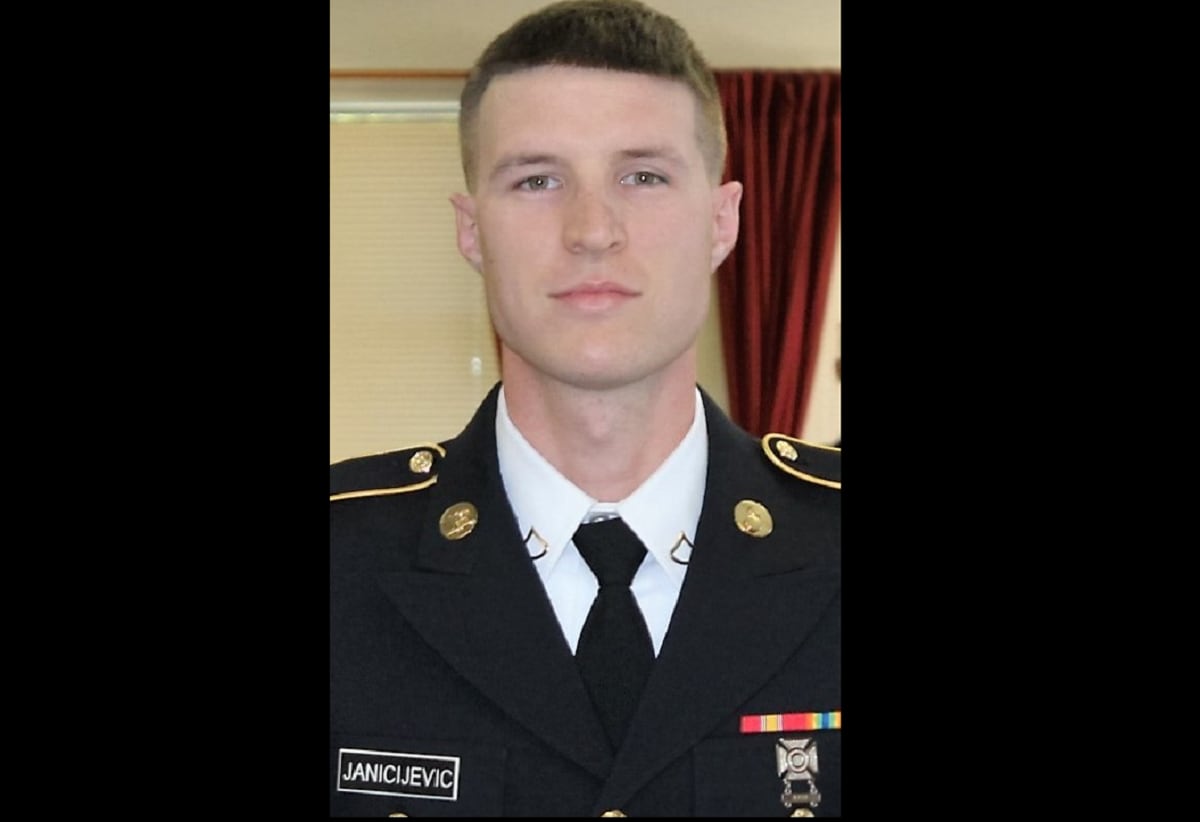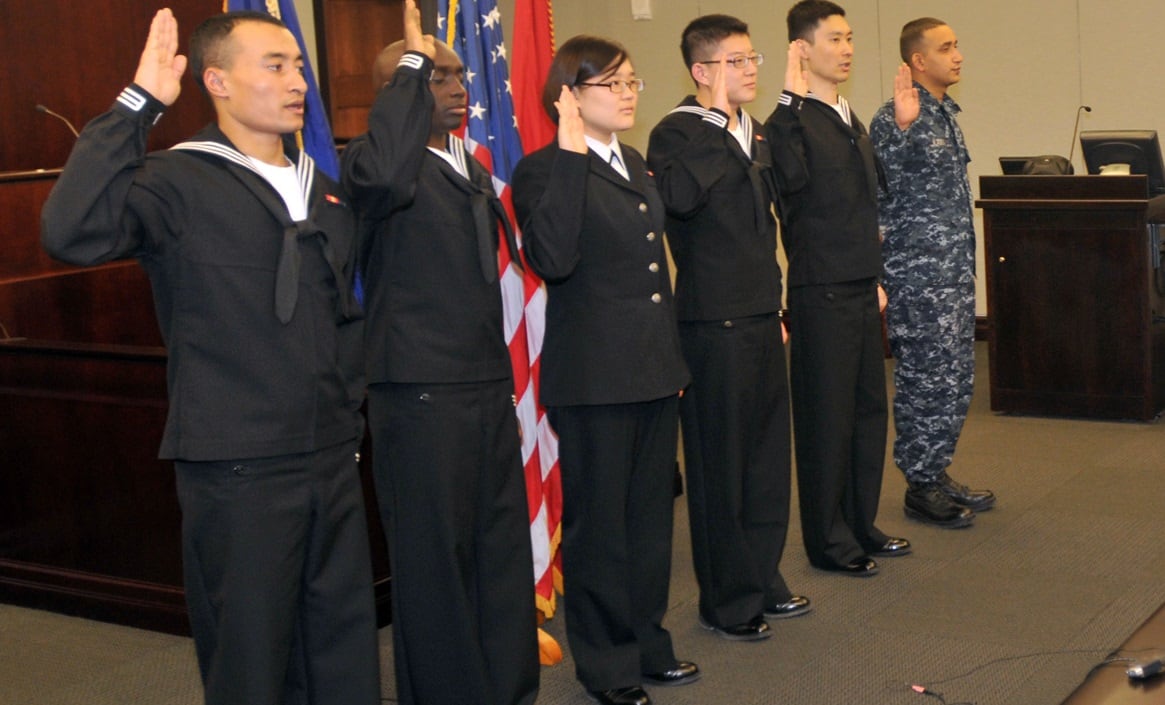On Thursday, the Associated Press reported that about 40 foreign-born recruits who had joined the military through a special program created by DoD to attract needed skills had been weeded out. The news caused a media firestorm as part of the national debate on immigration.
The bottom line is that far more than 40 may soon be weeded out – and it’s possible that the majority of the remaining 1,000 or so participants in the Military Accessions Vital to National Interest, or MAVNI, program will be let go before they can be cleared for duty.
A few facts:
MAVNI was an entry point for personnel with critical language or medical skills who were in the U.S. temporarily, such as through student visas, or here seeking asylum.
Most of its participants came from overseas – Africa, Southwest Asia, China, India, Eastern Europe – places where the U.S. had a need for those language skills.
Most did not come from Latin America or Mexico. And immigrants who were already in the U.S. legally and who held a green card were not eligible for MAVNI but could enlist and pursue citizenship without the program.
The MAVNI program was launched by the Defense Department in 2009. In the program’s nine-year history, 10,400 troops have come through the program.
In 2016, the Obama administration directed that those MAVNI recruits face additional background screening and effectively froze the program. The last MAVNI recruits entered around October 2016, right after the additional background checks were directed. Since then, no additional recruits have joined through MAVNI, said retired Army Reserve Lt. Col. Margaret Stock.
The roughly 1,000 in the program before it was frozen have been left in limbo, unable to get cleared to move on to their duty station.
RELATED

Additional background checks were reinforced by Secretary Jim Mattis in an October 2017 memo.
DoD delays in getting MAVNI background checks processed means that most of the recruits will time out before they are able to serve, as they must start basic training within three years of signing their contract in order to stay in the military, Stock said. The recruits can’t start basic training without the background checks completed.
The time limit used to be one year, but was extended to three years, Stock said. Even so, for 2015 recruits and early 2016 recruits, time is running short.
The news that the recruits were being removed Thursday brought swift reaction from some lawmakers and veterans organizations.
“I couldn’t help but notice that all of the kids from the new wars who have been having funerals where I am in Queens are immigrants,” said John Rowan, president of Vietnam Veterans of America. “These failed policies that disrespect their sacrifice need to be changed.”
DoD disagreed that most of the remaining recruits will be cut, but noted that immigration policies may get in the way.
“The Department is working diligently and with all deliberate speed to complete all background investigations for the MAVNI population. MAVNI applicants for Reserve service often enter the Delayed Training Program (DTP), while awaiting completion of vetting and shipment to basic military training,” DoD said in a statement. The delayed training program allows the recruits to obtain some training and drills as they wait to be processed.
“Depending on the circumstances, some MAVNI recruits who are awaiting the completion of their background investigations may no longer hold a valid immigration status,” DoD continued in the statement. “Since the beginning of the MAVNI pilot program, the Department has advised participants that the accession process can be long and complicated and that they should maintain their immigration status or seek an alternate status throughout the process.”
RELATED

For Stock, who worked the MAVNI program as a reservist and now represents recruits and military personnel in MAVNI cases and other immigration challenges, the delays in processing the background checks are suspect, and an easy way for the Pentagon to shed itself of foreign-born recruits.
“They are using this excuse of national security to get rid of people because no one is going to question it,” she said.
Tara Copp is a Pentagon correspondent for the Associated Press. She was previously Pentagon bureau chief for Sightline Media Group.





